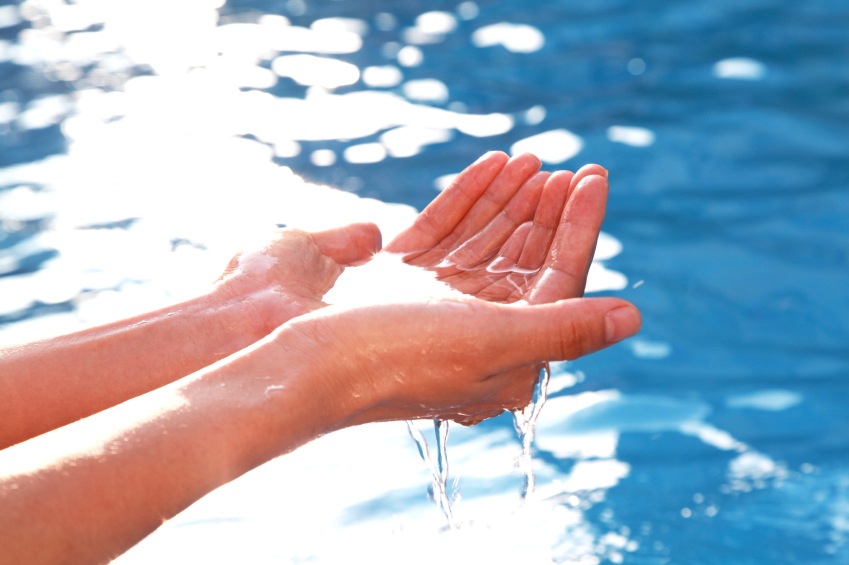What would you say if you could have skin like a baby’s bottom after swimming and not smell like chlorine when you walk out of the pool? No one is asking you to fill up your pool with bottled water, but there are alternatives to chlorine pools to consider.
Here are four options to help you, your wallet and the environment feel healthier. Choose the one that suits you best.
1. Ozonators
This is an ozone generator. Ever heard it said that you cannot get a better disinfectant than sunlight? This is absolutely true, and taking this theory to heart, some companies have created cleaning systems that harness the power of the ozone, created by sunlight, to clean pools. The ozone strips the pool of impurities, thereby, reducing the need for chemicals. The lack chemicals means that there will be no eye redness or skin irritation after swimming.
Ozone destroys mildew, mold, viruses and bacteria. You can also opt for a hybrid option that completely eliminates the need for chemicals in water. These systems use ozone gas in combination with silver and copper ions for sanitizing and oxidizing the pool.
The only drawbacks are the initial price and the electricity these types of pools use. But, future maintenance and cost of part replacement is very low. You can talk to some companies who offer these services about the energy requirements and then make the purchase. Don’t forget to take into account the money that you’ll save by not buying chemicals. And since the disposed water will not contain any chemicals, the system is eco-friendly too.
2. Salt water systems
This is another popular alternative to chlorine pools, though they are not as popular as ozonators. Salt water systems include chlorine generators that convert chloride ions in the salt to chlorine. As a result, bacteria and algae in the water cannot survive.
The advantage of this system is that it makes the water soft and you don’t have to buy chlorine for cleaning the pool.
3. Moss-based pool cleaning systems
Gardeners will love this system. This is one system that will sanitize your pool without converting it into a swampy marsh. The product is approximately 90% effective.
Moss-based pool cleaning systems are made using sphagnum moss that is harvested from the bogs of New Zealand. The leaves are dried and cut into different sizes. Just place the moss bag into the pool and you can forget all maintenance for 1 month.
This inexpensive method is certainly eco-friendly, as you can compost the bag and use it in your garden. And since you are not using chemicals, your pool pipes, liners and pumps will require fewer repairs. Plus, your skin remains soft and the water is softer than chemically sterilized water.
4. Natural swimming pools
If you love swimming in natural water, then the natural pool is just the thing for you. Recreate a natural pool, complete with aquatic plants and microorganisms. What could be more eco-friendly and health-friendly than a natural swimming pool? This pool has two sections separated by a wall. One section has soil and plants while the other has the pool water. The wall prevents the soil from seeping into the swimming pool.
The cost of constructing this pool is more than any of the above-mentioned pools, but in return you get a natural environment.
These are some alternatives to chlorinated pools. Some are good for health, some are easy on your pocket and some are eco-friendly. The initial setup cost is a bit more compared to the chlorine pools, but you will be saving a good amount of money on maintenance and chemicals in the long run.
Post Author: andyc.




